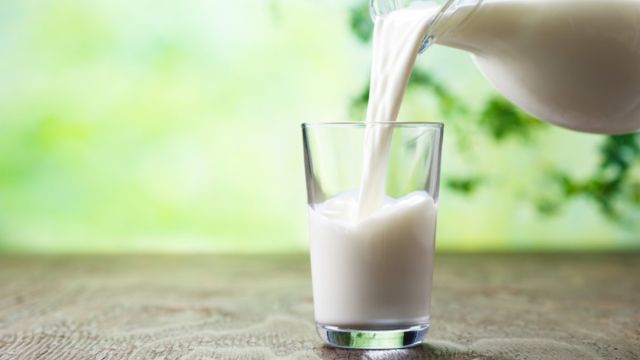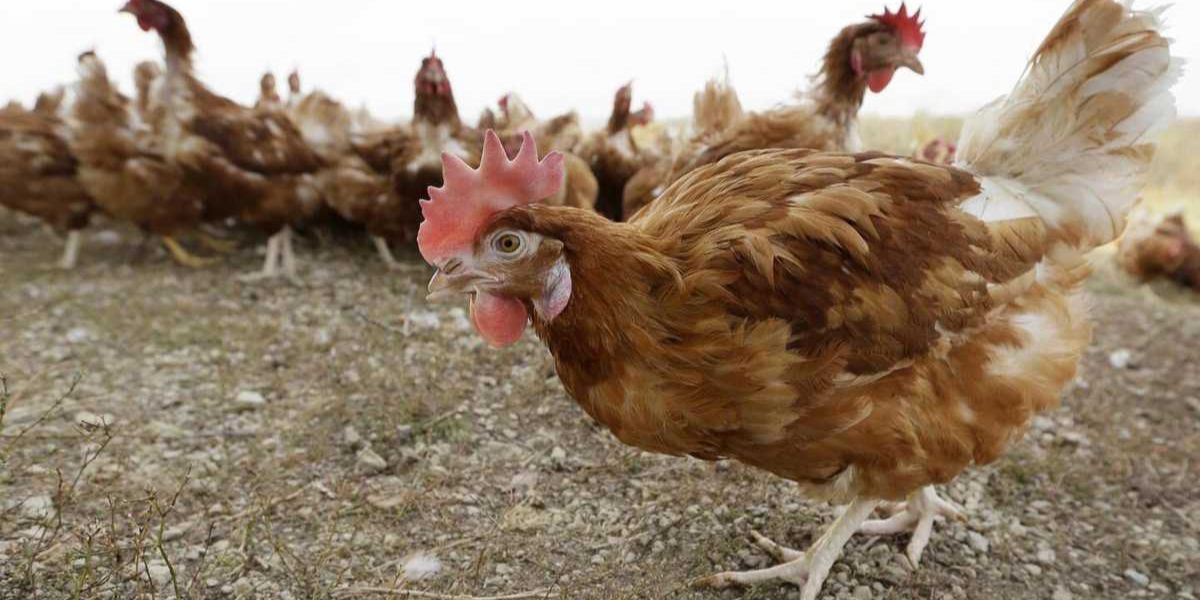Because of worries that it would expire sooner than expected, a certain brand of milk has been recalled.
Horizon Organic Dairy, a Colorado-based company, recalled its “Horizon Organic Aseptic Plain Whole Milk” product because of the “potential for premature product spoilage during shelf life.”
On December 13 of last year, the company voluntarily started the recall, and on January 17, the U.S. Food and Drug Administration (FDA) classified the milk products as having a Class II risk level.
When “use of or exposure to a violative product may cause temporary or medically reversible adverse health consequences or where the probability of serious adverse health consequences is remote,” the FDA explains, class II risk levels are appropriate.
Class I risk levels are given to items when “there is a reasonable probability that the use of or exposure to a violative product will cause serious adverse health consequences or death.” Class II risk levels are the second most severe.
Both singly sold cartons and 12-packs of the recalled 8-ounce cartons were included in the recall. 3663207113 was the universal product code (UPC) for the 12-packs, and 3663207127 was the UPC for the single pieces.

The total number of milk cases recalled was 19,688; 8,654 of these cases had an expiration date of 3/3/2025, 7,385 had an expiration date of 3/4/2025, 1,781 had an expiration date of 3/6/2025, and 1,868 had an expiration date of 3/7/2025.
These goods were dispersed throughout Nevada, California, and Arizona.
The precise cause of this product’s risk of premature spoiling was not specified. Products may spoil too soon for a variety of reasons, such as packaging flaws like leaks or poor seals that expose the milk to air and encourage the growth of germs, or exposure to temperatures that are higher than what is advised during storage or transportation.
Furthermore, insufficient or uneven pasteurization may allow some dangerous germs to thrive and survive, leading to early spoiling.
This is not the only milk product that has been recalled recently; more than 100 bottles of breast milk have been taken off the market due to concerns that they may contain “foreign material.”
Pancake and Waffle Mix Recall Hits 11 States, Public Urged to Check Purchases
California also recalled a raw milk product in December after it was found to contain avian flu viruses.
“Bird flu virus levels have been demonstrated to be high in raw milk from infected cows, and sporadic human cases identified in workers in close contact with infected dairy cows and their milk indicate that raw milk is infectious to humans,” the California Department of Public Health stated at the time.
FDA Alerts Consumers with Highest Risk Warning in Ongoing Mushroom Recall
“Drinking or accidentally inhaling raw milk containing bird flu virus may lead to illness. In addition, touching your eyes, nose, or mouth with unwashed hands after touching raw milk with bird flu virus may also lead to infection.”
However, pasteurization, which warms milk products just enough to eradicate any harmful germs, can prevent contamination with viruses like avian flu.
“Pasteurized milk remains safe to drink,” a CDC spokesperson stated. “Pasteurization is the best method of eliminating disease-causing organisms in milk and the only method routinely used in the United States.”




